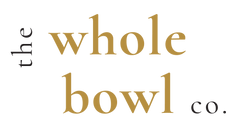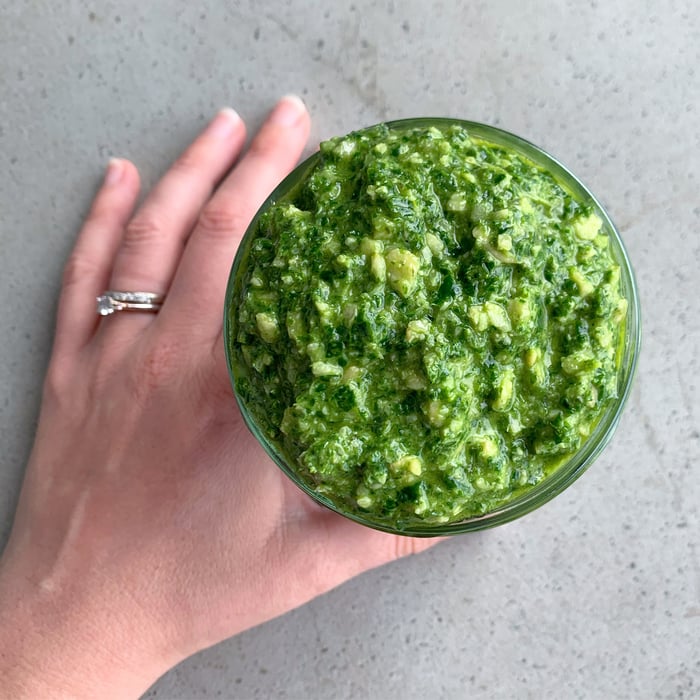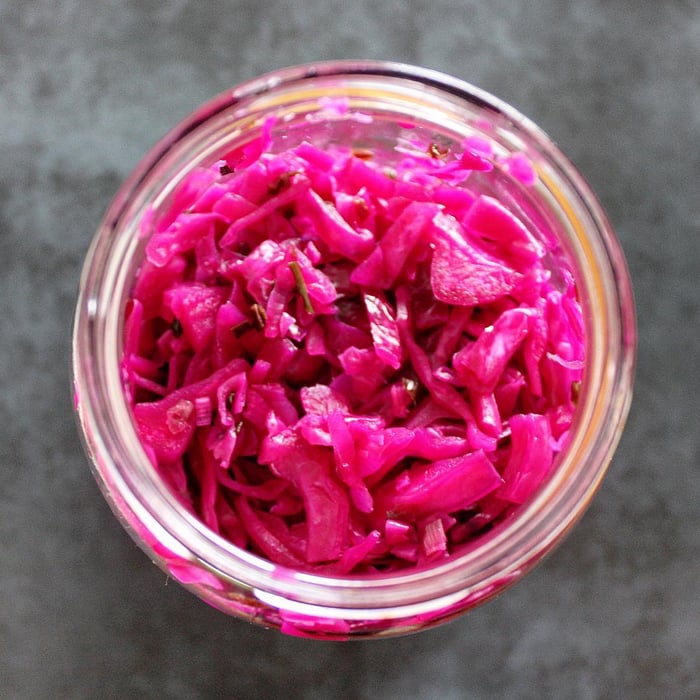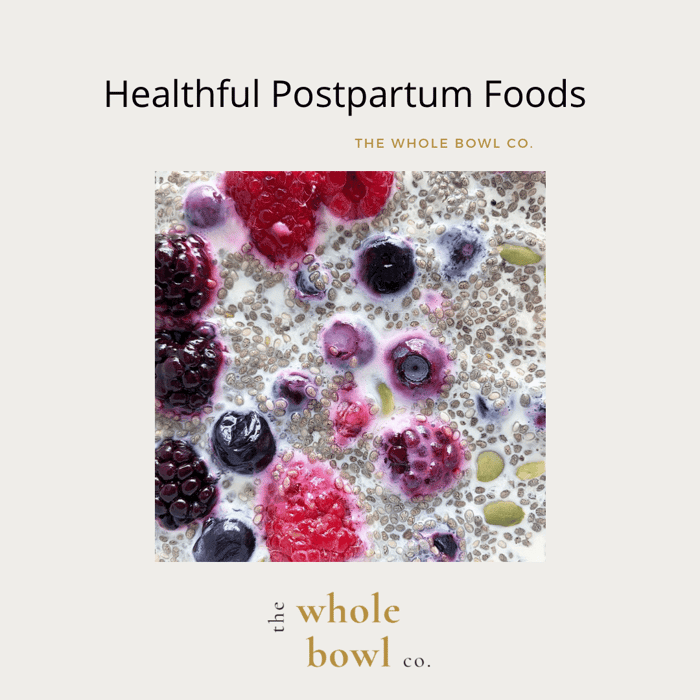Dietary fats have in the past been demonised. We now understand the benefits of healthy fats on our plates.
How the body uses dietary fats:
- Energy - when glucose levels are low the body breaks down fat for energy. Fat provides 9 calories per gram, protein and carbohydrates provide 4 calories per gram.
- Hormone production: fat is necessary for the body to produce estrogen, testosterone, insulin, cortisol and more
- Cellular health: including cell membranes and nerve sheaths
- Brain health: structure and function
- Heart health: healthy fats help to reduce LDL cholesterol
- Immune support: cellular energy, signalling molecules and inflammatory response modulation
- Necessary for the absorption of fat soluble vitamins: A, D, E and K
Which fats are “healthy”?
20-35% of your daily calories should come from fat sources. The inclusion of “unsaturated” fats is associated with overall improved health outcomes. Omega-3 and Omega-6 are essential fats - this means our body cannot produce them and we must get them from our diet. Omega-6 is plentiful in the diet, whereas Omega-3 usually requires some focus to reach adequate amounts.
Sources of healthy unsaturated fats to include in your diet:
- Raw nuts and seeds (almonds, walnuts, chia seeds, flaxseeds, tahini, hemp seeds, etc.)
- Avocado
- Soy foods such as tofu, tempeh and edamame
- Extra virgin olive oil (extra virgin is the best quality and can be used for cooking or salad dressing)
- Cold water fatty fish (salmon, mackerel, sardines, trout) try using this sustainable seafood guide https://goodfish.org.au/sustainable-seafood-guide/
- If you do not eat fish you may wish to supplement with an algae oil supplement for your omega-3s. Fish contains omega-3 because fish consume algae.
Which fats do we want to avoid?
Saturated fats and trans fats are associated with increased LDL cholesterol, arterial plaques, inflammation, strokes and heart disease.
Try to minimise:
- Saturated fat is found mainly in animal foods such as fatty cuts of meat, chicken skin, full fat dairy (butter, cheese, milk), but also in coconut oil and palm oil. Note: full fat plain natural yoghurt does contain saturated fat however it also contains protein and live beneficial bacteria.
- Trans fats are particularly high in processed baked goods such as pastries, biscuits and crackers where liquid oils have been “hydrogenated” to become solid. Trans fats also raise LDL cholesterol.
Top Tip: unless you have a particular health condition requiring a low fat diet (e.g. gallbladder disease and fat malabsorption) then we want to include fat in our diet. We do not need the “low fat” options, rather we should focus on replacing saturated fats with unsaturated fats. For your next pasta night: try making your own homemade pesto with extra virgin olive oil and pumpkin seeds for healthy fats.




